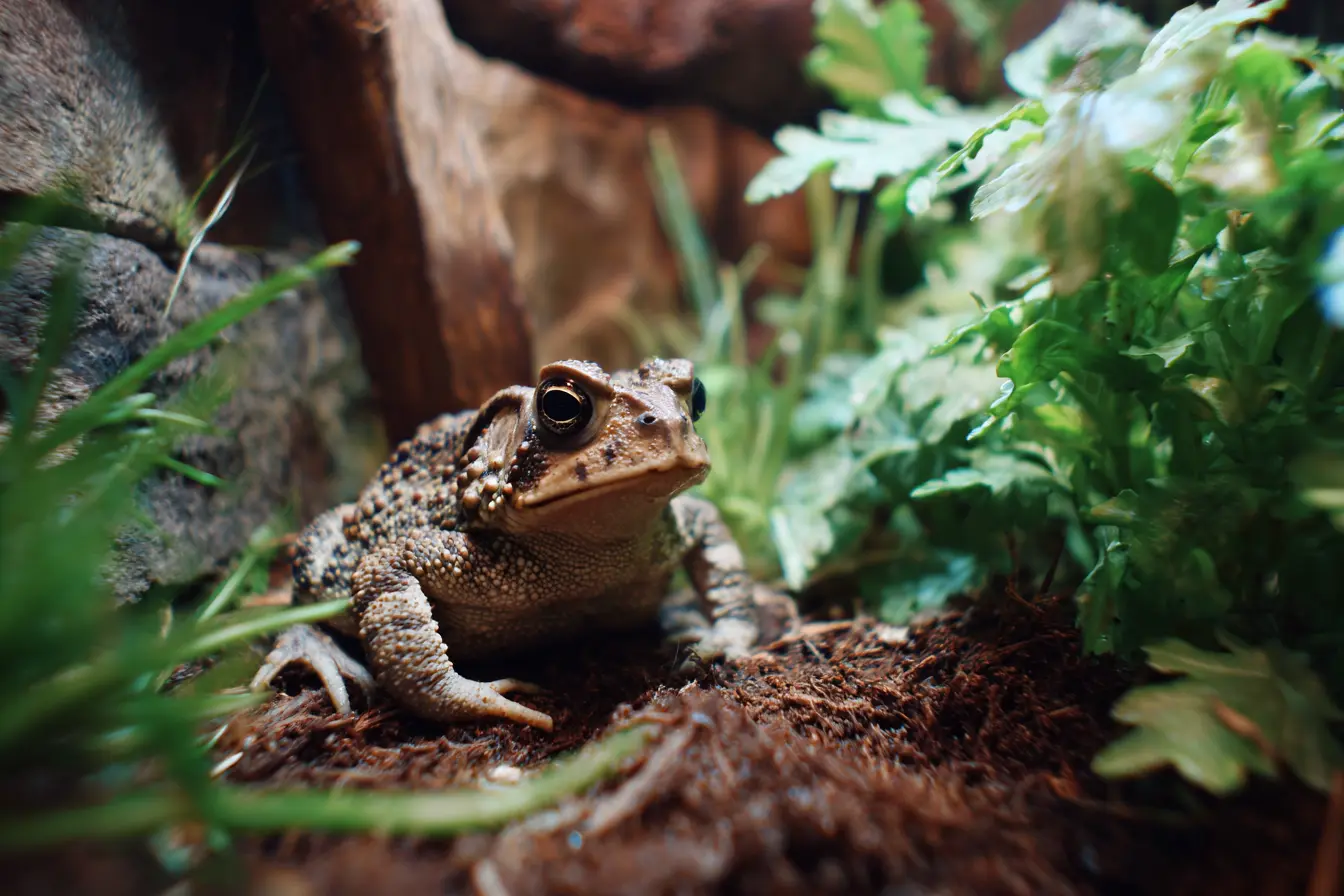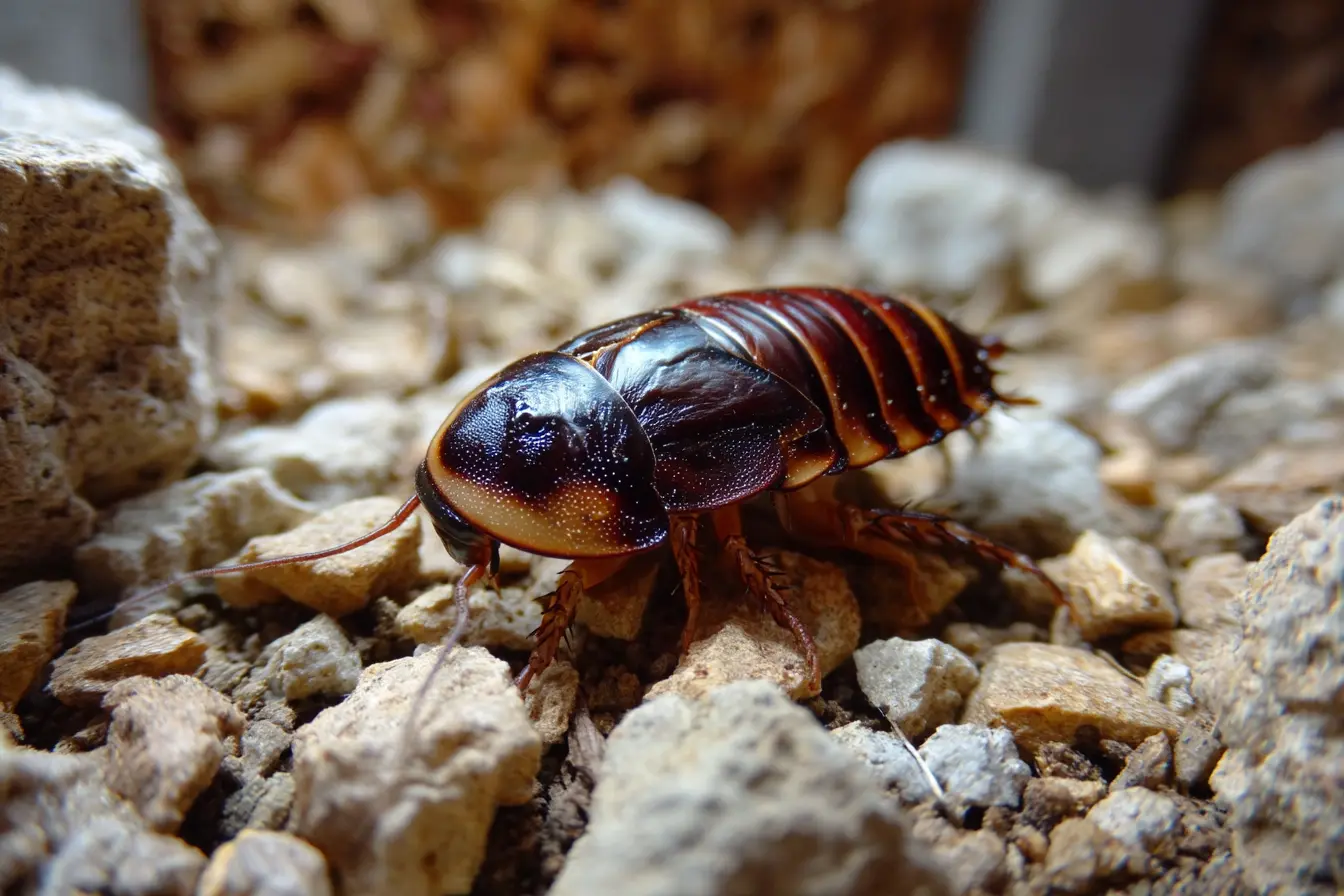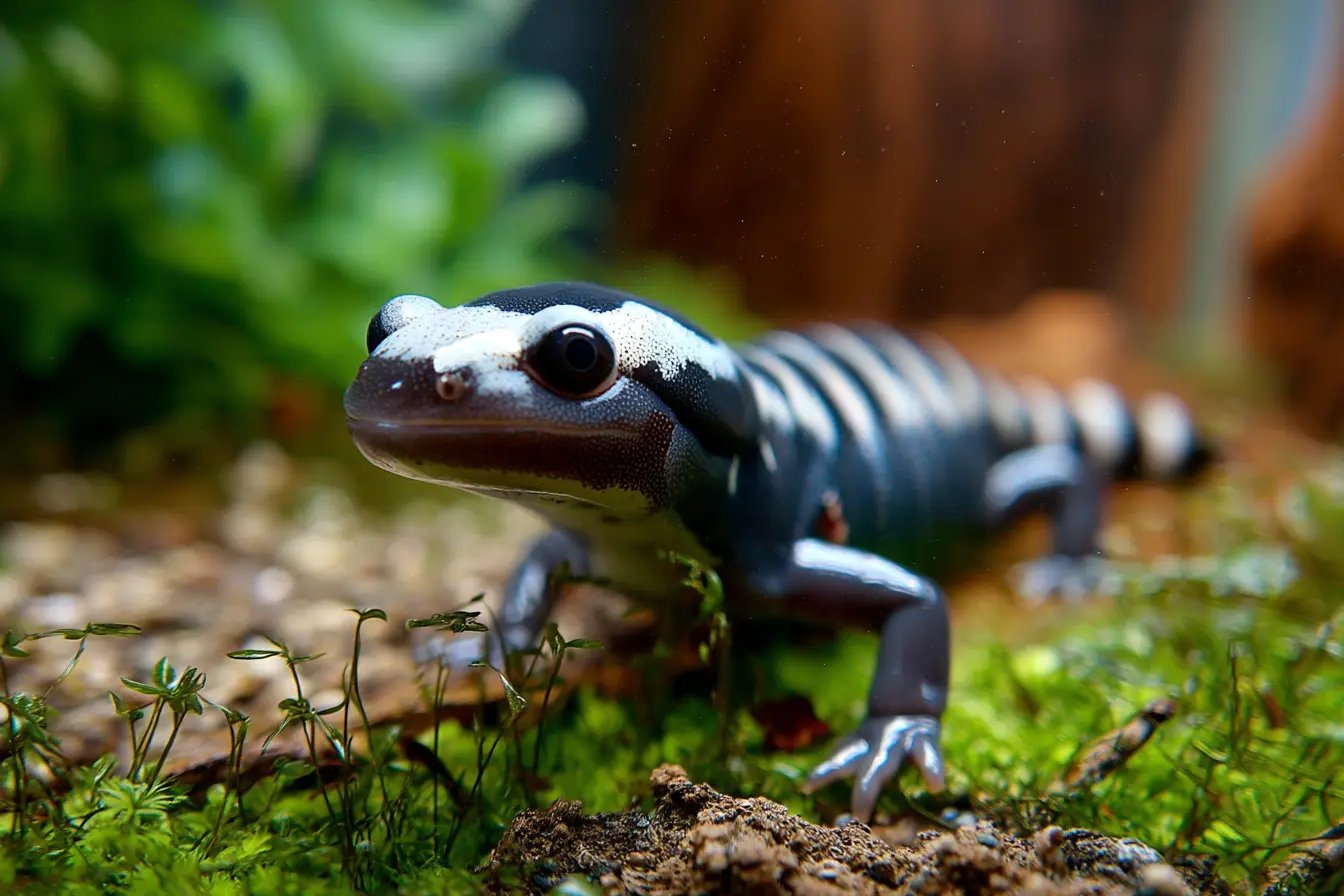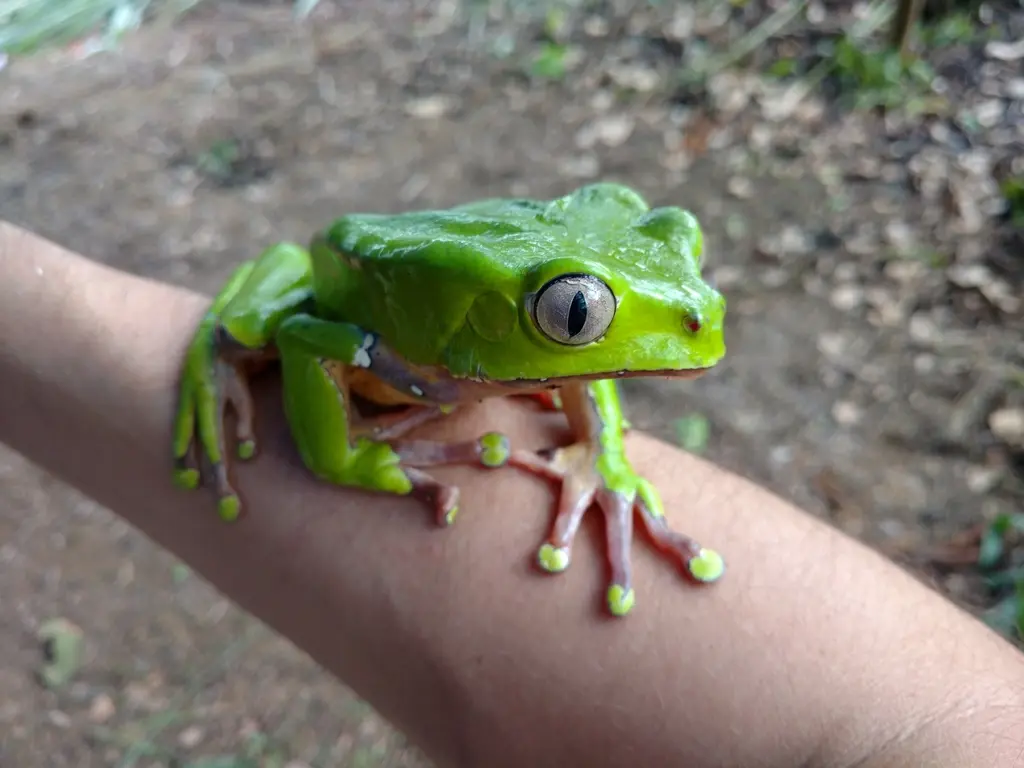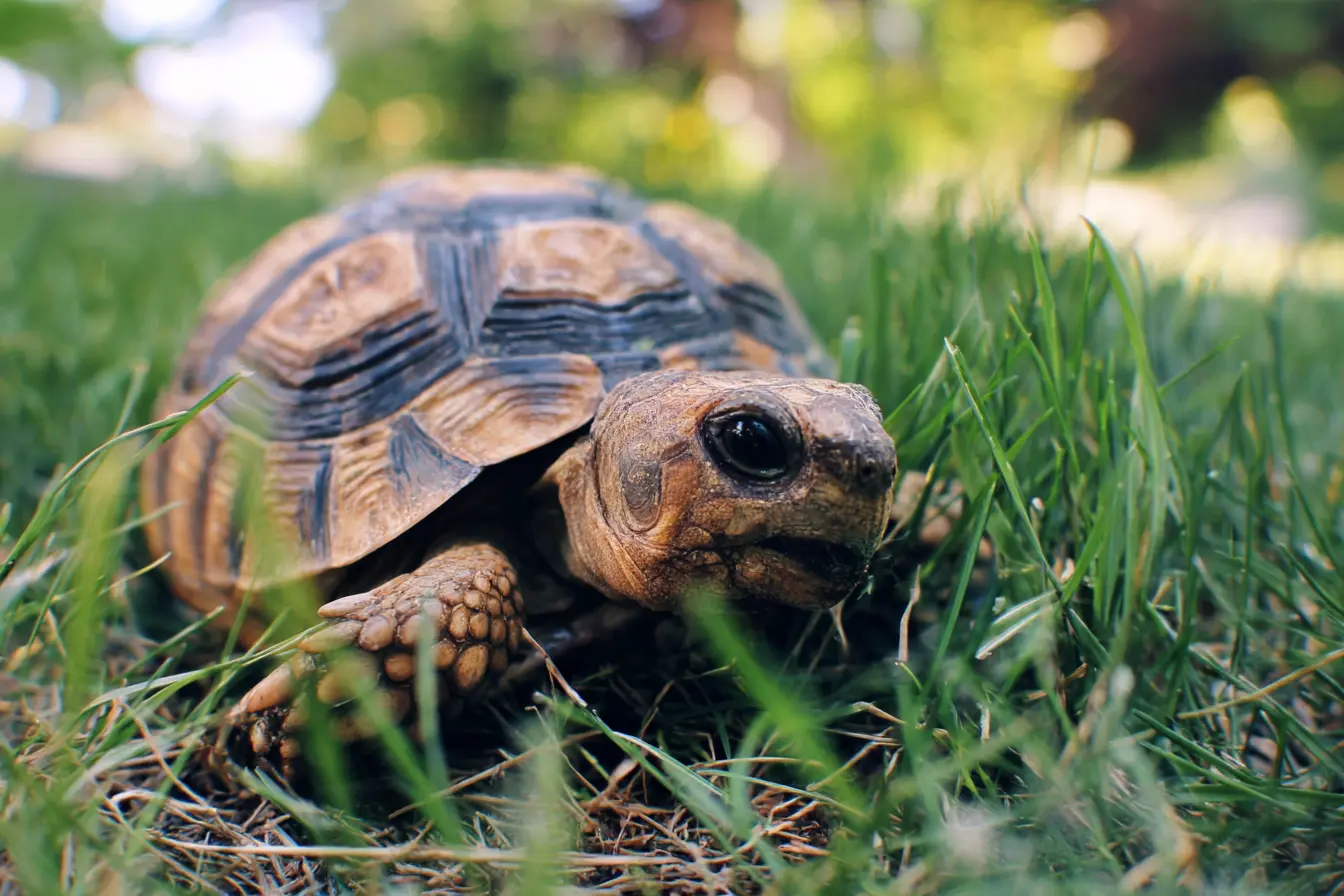
The Complete Guide to Deworming Tortoises
Tortoises are popular and long-lived pets, but like all reptiles, they are susceptible to internal parasites. Deworming is an essential part of tortoise healthcare, especially for those that are rescued or housed outdoors. Parasites can cause subtle or severe health issues, and proper prevention and treatment are crucial to ensuring a long and healthy life.
In this guide, you'll learn everything you need to know about deworming tortoises—types of parasites, signs of infestation, diagnostic methods, treatment options, natural approaches, and prevention strategies.
Why Deworming Tortoises Is Important
Tortoises often hide signs of illness until a condition becomes advanced. Parasites can silently cause weight loss, digestive issues, weakness, and even death in severe cases. Worm infestations also weaken the immune system, making tortoises more vulnerable to infections.
Deworming ensures:
- Healthy digestion and nutrient absorption
- Maintenance of good body condition
- Prevention of parasite transmission to other tortoises
- Increased resilience against illness
- Longevity and quality of life
It is especially important in:
- Newly acquired rescues
- Tortoises housed in outdoor enclosures
Common Internal Parasites in Tortoises
Tortoises are most commonly affected by helminths (worms) and protozoans. These are usually contracted from their environment, contaminated food, or contact with other reptiles.
Roundworms (Nematodes)
- The most common intestinal worms
- Cause weight loss, bloating, and diarrhoea
- May be visible in faeces during heavy infestations
Pinworms (Oxyurids)
- Common in herbivorous reptiles such as Mediterranean tortoises
- Often asymptomatic in small numbers
- Can cause irritation, poor digestion, and diarrhoea when overgrown
Strongyles
- Intestinal parasites that feed on blood
- Cause inflammation, blood loss, and anaemia
- More common in outdoor tortoises exposed to soil
Tapeworms (Cestodes)
- Flat, segmented worms
- Require intermediate hosts such as insects or snails
- Cause nutrient deficiency and intestinal distress
Flukes (Trematodes)
- Less common, but potentially serious
- Infect internal organs like the liver or lungs
- May lead to chronic health problems
Protozoans (e.g. Flagellates and Coccidia)
- Single-celled parasites affecting digestion
- Can cause diarrhoea, lethargy, and poor weight gain
- Diagnosed alongside worms in faecal exams
How Tortoises Get Worms
Tortoises usually become infected through:
- Ingesting contaminated food or water
- Grazing in outdoor areas where eggs or larvae are present
- Contact with infected tortoises or faeces
- Exposure to intermediate hosts like insects or slugs
Signs of Worm Infestation in Tortoises
Symptoms can be subtle or non-existent in early stages. Look out for the following warning signs:
- Loss of appetite or refusal to eat
- Weight loss despite a good diet
- Soft or loose faeces
- Mucus in faeces
- Lethargy or reduced activity
- Swollen or bloated abdomen
- Visible worms in droppings
- Dehydration
- Poor growth in juveniles
If your tortoise exhibits any of these signs, consult a reptile-experienced vet promptly.
Diagnosing Parasites in Tortoises
Accurate diagnosis is essential. You should never administer wormers without a confirmed diagnosis. Diagnostic methods include:
Faecal Examination
- A fresh sample is analysed under a microscope
- Used to detect eggs, larvae, or protozoa
- May involve direct smear, flotation, or sedimentation techniques
Repeat Testing
- Some parasites shed eggs intermittently, so multiple tests may be required
Blood Work or Imaging
- In advanced cases, blood tests or ultrasound may help assess internal damage
Routine faecal checks are recommended at least once or twice a year, especially for outdoor tortoises.
Deworming Medications for Tortoises
Several anthelmintic medications are effective and safe for tortoises when used under veterinary guidance. Never use over-the-counter wormers without professional advice.
Fenbendazole (Panacur)
- Broad-spectrum dewormer
- Effective against many nematodes and pinworms
- Administered orally, usually in paste or suspension form
- Often given in two doses 10–14 days apart
- Well tolerated in most tortoise species
Ivermectin
- Powerful antiparasitic drug
- Not recommended for chelonians—can be highly toxic or fatal
- Should be avoided unless explicitly advised by a vet with experience in reptiles
Praziquantel
- Targets tapeworms and flukes
- Usually combined with other treatments
- Must be dosed precisely to avoid side effects
Metronidazole
- Used for protozoan infections such as flagellates
- Administered orally or by injection
- May be prescribed alongside wormers
All medications should be given only with the correct dosage and under veterinary supervision. Species, weight, and general health must all be considered.
Deworming Protocol and Frequency
Routine deworming schedules depend on risk factors:
- Newly acquired tortoises: Should be tested and treated if needed during quarantine
- Outdoor tortoises: Test at least twice a year (spring and autumn)
- Indoor-only tortoises: Test annually, though infestations are less likely
- After treatment: A second dose may be needed to eliminate emerging larvae
- Post-treatment testing: Recheck faeces 2–4 weeks after final dose
Avoid “routine” deworming without testing, as overuse may lead to resistance and unnecessary side effects.
Natural Deworming: Is It Effective?
There are many claims about natural dewormers like garlic, pumpkin seeds, and diatomaceous earth. However, these are not proven to be safe or effective for tortoises. In some cases, they may be harmful or interfere with digestion.
The safest approach is:
- Professional veterinary diagnosis
- Proper medication when required
- Preventative hygiene and habitat control
Preventing Worms in Tortoises
Prevention is more effective than treatment. Follow these best practices to keep your tortoise parasite-free:
- Quarantine new tortoises for at least 90 days
- Test faeces before and after quarantine
- Clean water and food bowls daily
- Disinfect enclosures and hides weekly
- Remove faeces immediately from enclosures
- Avoid overcrowding
- Use separate tools for each tortoise if housing multiples
- Feed pesticide-free, clean greens
- Use screened soil or safe substrates in outdoor pens
- Avoid contact with wild tortoises or other reptiles
A clean, well-managed environment will significantly reduce parasite risk.
Can Tortoise Worms Infect Humans?
Most tortoise parasites are species-specific and do not pose a risk to humans. However, proper hygiene should always be observed:
- Wash hands after handling tortoises or cleaning enclosures
- Avoid touching your face during enclosure cleaning
- Supervise children handling reptiles
- Use gloves for cleaning, especially with unwell tortoises
Conclusion
Deworming is a key aspect of tortoise health, especially for outdoor or rescue individuals. With appropriate testing, veterinary guidance, and preventative care, you can ensure your tortoise lives a long, healthy, and parasite-free life.
Don’t wait until signs of illness appear—proactive care, regular check-ups, and attention to hygiene will go a long way in keeping your shelled companion in top condition.
Contents
- Why Deworming Tortoises Is Important
- Common Internal Parasites in Tortoises
- How Tortoises Get Worms
- Signs of Worm Infestation in Tortoises
- Diagnosing Parasites in Tortoises
- Deworming Medications for Tortoises
- Deworming Protocol and Frequency
- Natural Deworming: Is It Effective?
- Preventing Worms in Tortoises
- Can Tortoise Worms Infect Humans?
- Conclusion
Tags
Vets near you
Speciality vets
- Aquatics vet specialists
- Birds vet specialists
- Camelids vet specialists
- Cats vet specialists
- Cattle vet specialists
- Deer vet specialists
- Dogs vet specialists
- Equines vet specialists
- Exotic vet specialists
- Goats vet specialists
- Pigs vet specialists
- Poultry vet specialists
- Sheep vet specialists
- Small Mammals vet specialists
- Wild vet specialists
Vet facilities
- Accessible by public transport
- Blood testing
- Car park nearby
- Client car park
- Dentistry
- Diagnostic imaging
- Disabled public access
- Flea and worm treatments
- Microchipping
- Mobile services
- Neutering
- Open at weekends
- Out-of-hours service
- Referral interests
- Referrals only
- Street parking outside
- Toilets available
- Vaccinations
